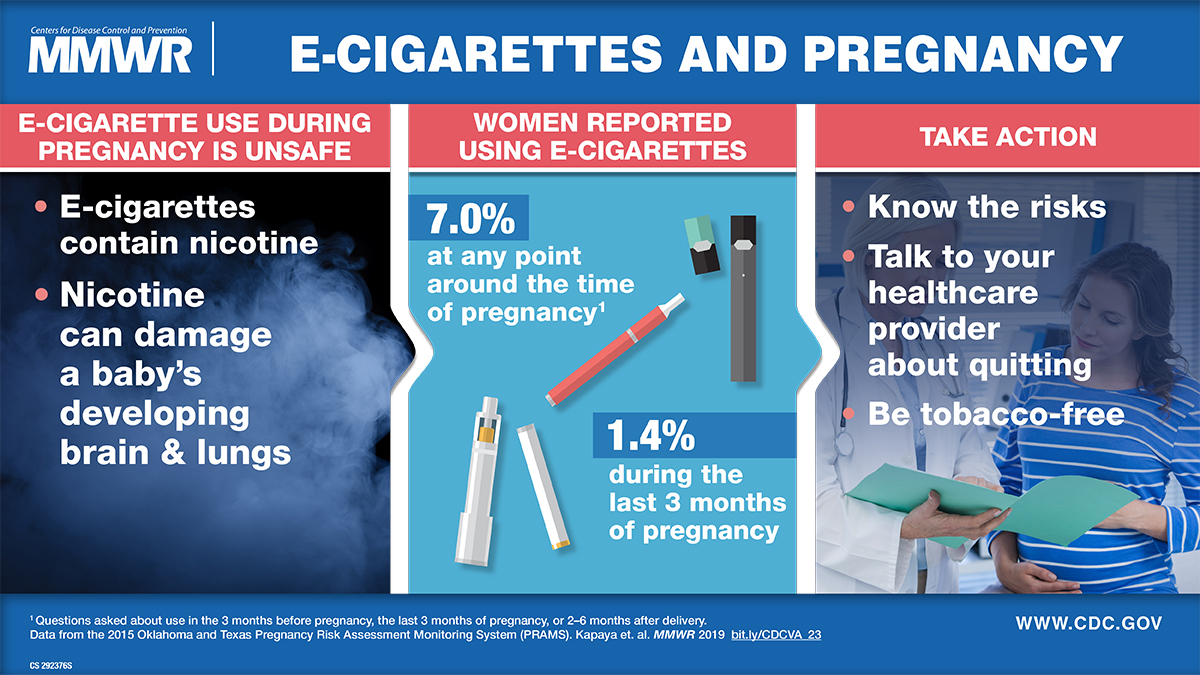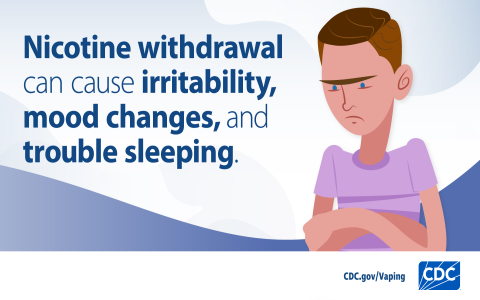Medical experts universally advise against electronic cigarette use during pregnancy due to significant health risks for both mother and developing fetus. No level of nicotine exposure is considered safe in pregnancy.
Expert Consensus on Risks
Major health organizations emphasize the dangers:

- Nicotine Exposure: Irrespective of the source (cigarettes, e-cigarettes, NRT without medical supervision), nicotine crosses the placenta. It constricts blood vessels, reducing oxygen and nutrient supply to the fetus, hindering organ development, particularly the brain and lungs.
- Harmful Chemicals: E-cigarette aerosol contains ultrafine particles, volatile organic compounds, heavy metals (like lead and nickel), and flavoring agents. Many of these are known toxins or carcinogens, with unknown long-term effects on fetal development. Diacetyl, found in some flavorings, is linked to severe lung damage.
- Preterm Birth & Low Birth Weight: Nicotine exposure significantly increases the risk of premature delivery and babies born with low birth weight, conditions associated with immediate and long-term health complications.
- Developmental Issues: Evidence links prenatal nicotine exposure to increased risks of Sudden Infant Death Syndrome (SIDS), attention deficits, learning disabilities, and behavioral problems later in childhood.
- Lack of Safety Evidence: There are no rigorous studies proving any e-cigarette product is safe for use during pregnancy. Marketing suggesting e-cigarettes are a safe alternative is misleading.
Key Recommendations from Health Authorities
- Complete Avoidance: The safest approach is to avoid all tobacco products, including e-cigarettes, before, during, and after pregnancy.
- Medically Supervised Cessation: If struggling to quit nicotine, pregnant individuals should consult their healthcare provider immediately. Evidence-based treatments like behavioral counseling and specific, medically approved Nicotine Replacement Therapy (NRT) patches or gum (used strictly as directed by a doctor) are safer options than continuing to smoke or vape, but cessation without nicotine is always the goal.
- Addressing Secondhand & Thirdhand Exposure: Partners and household members should also avoid using e-cigarettes indoors, as secondhand aerosol and thirdhand residue (chemicals settling on surfaces) pose risks.
Conclusion: Based on current expert understanding of nicotine’s harmful effects and the presence of other toxins in e-cigarette aerosol, using e-cigarettes during pregnancy is not safe and poses documented risks to the health of the unborn baby. Abstaining from all nicotine and tobacco products is the only recommended course of action.









